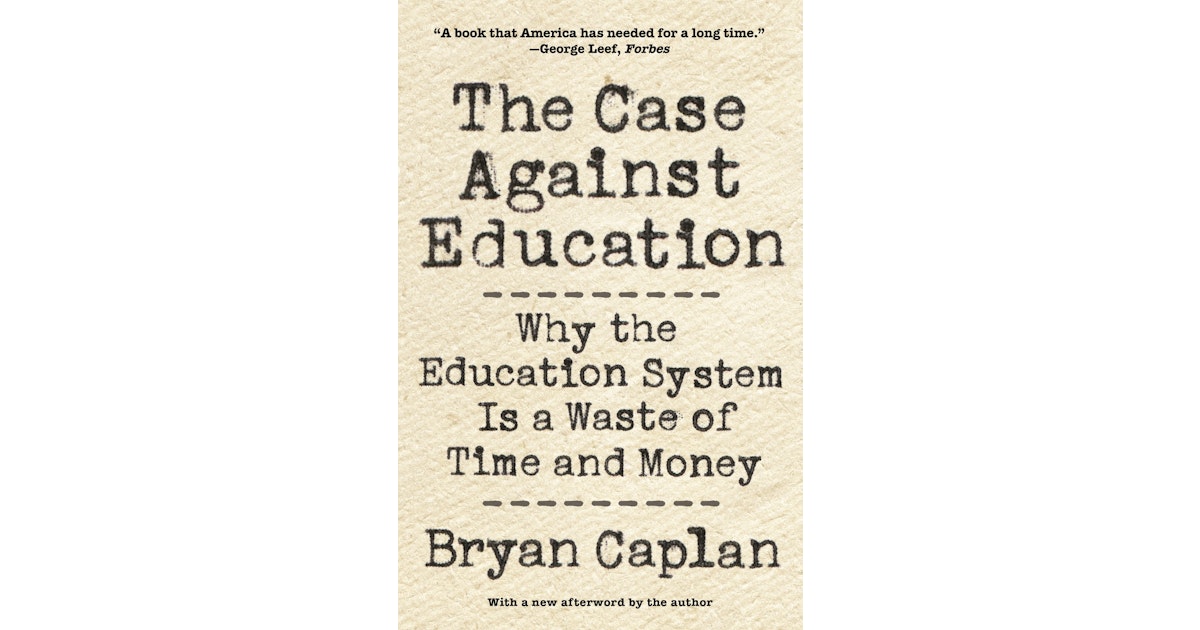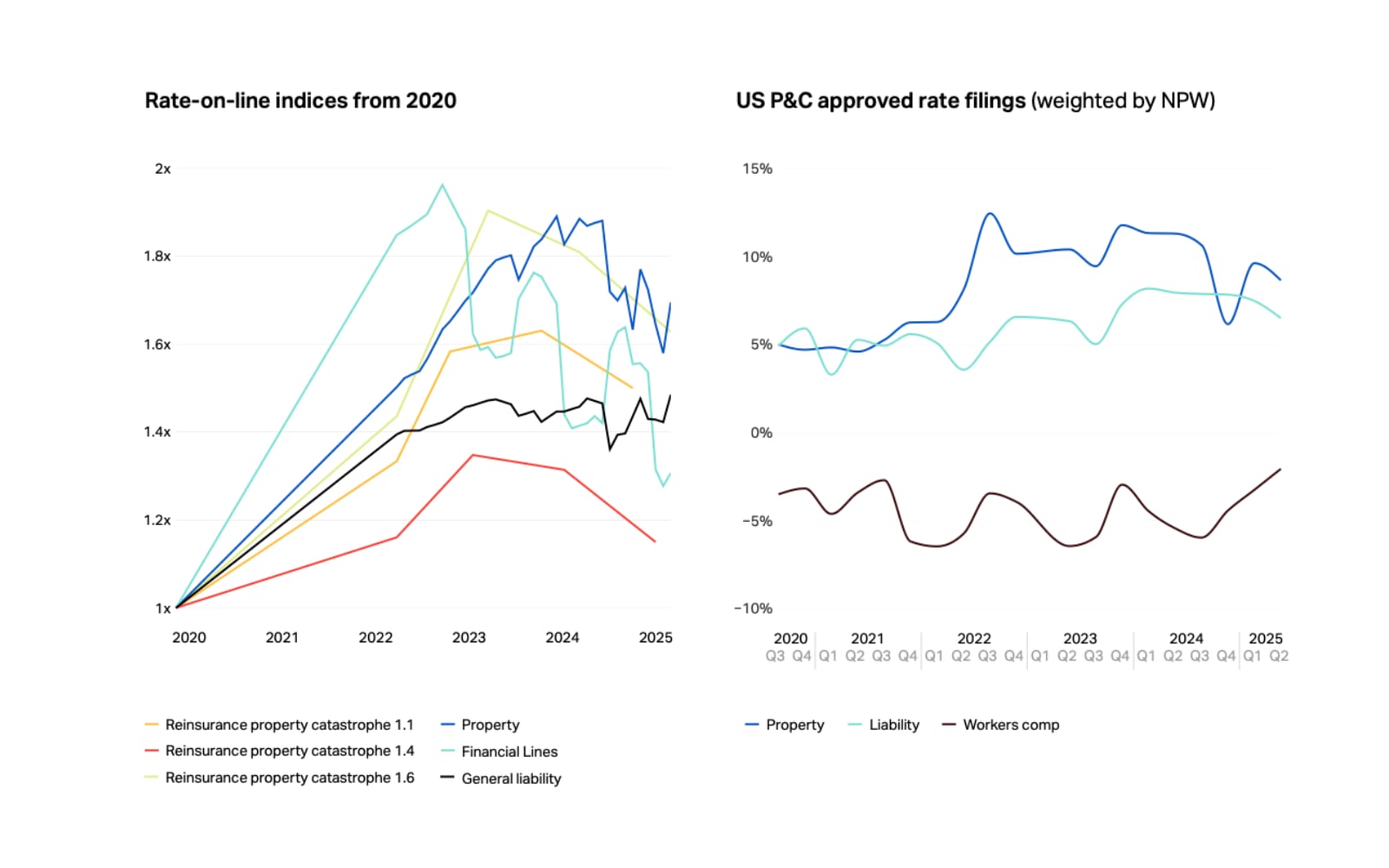Refinancing a car during a recession could be a good idea, but your personal situation will determine if auto refinancing makes sense for you.
A recession — defined by the National Bureau of Economic Research as a significant decline in economic activity spread across the economy and lasting more than a few months — is never good news for businesses or consumers. According to the traditional definition, the U.S. isn’t currently in a recession.
During a recession, business cutbacks result in higher unemployment, reductions in employee hours and lost income. As a result, many people must find ways to reduce monthly household expenses, such as refinancing a car loan to reduce the monthly payment.
Is it possible to lower car payments during a recession?
If you can refinance to replace your current auto loan with one that has a lower interest rate or longer repayment term, it’s possible to reduce a car payment — recession or no recession.
Lowering your interest rate
Leading into a recession, and sometimes early in a recession, interest rates increase. To ease inflation and decrease consumer spending, the Federal Reserve increases the federal funds rate, which drives other rates such as auto loan rates. Later in a recession, interest rates typically drop to encourage people to spend more.
If you financed a car leading up to a recession when rates were higher, you might be able to refinance to a lower rate and reduce your payment later in a recession. This is especially true if you agreed to a high rate at a dealership and could have qualified for a lower rate. Or if you received a high rate because of poor credit but have since improved your credit.
Extending your auto loan term
Another way to lower monthly payments is to refinance your remaining loan balance for a longer loan term. This isn’t usually the best approach because you’ll pay more interest and more in total over the life of the loan. But it’s still better than missing payments, defaulting on the loan and having your car repossessed.
You can use NerdWallet’s auto loan refinance calculator to compare your existing auto loan with refinance loan possibilities. A calculator can show you how changes in rate and term will affect your monthly payment, along with how much refinancing will cost or save you in total, including interest.
Additionally, don’t forget to consider any related fees, such as loan origination fees, lender processing fees and title transfer fees. Although rare, you might also have a prepayment penalty for your current loan.
Reasons to avoid auto refinancing during a recession
In addition to looking at the interest rates and terms, here are other factors to consider when deciding whether to refinance your car.
Having negative equity
Before a recession, prices are inflated. During a recession, prices begin to fall. If you paid and financed an inflated price for your car, and its value starts to drop, you could end up owing more than your car is worth — or being upside down on a car loan.
While many lenders will refinance more than the car’s car’s book value, that may not be enough to refinance your entire balance. To refinance, you might need to pay the difference out of your pocket, which may be difficult if your finances are already strained.
Another option might be rolling the difference into your new refinance loan, but this will increase your payment amount and cost you more in interest in the long run.
Your current financial situation
If you’ve lost income or gotten behind on payments for your car or other debt, it will be more challenging to find a refinance loan to improve your financial situation. However, lenders tend to tighten credit requirements during an economic downturn, so the only refinancing loan you qualify for could be a much higher rate and longer term than your current loan.
Talk to your current lender before you get behind on your loan if you can’t refinance or if refinancing won’t improve your financial situation. Some lenders offer hardship programs to help borrowers who are struggling to make payments.
Determining whether auto refinancing is the right step
Whether the economy is in a recession or not, there are basic steps to take when deciding whether to refinance your car.
Know your reason for refinancing
If you’re refinancing only to remove a co-buyer from a car title or because you got a raise and want to shorten the term to pay off your loan sooner, your refinancing decision should be pretty simple.
On the other hand, if you’re refinancing to alleviate strained finances, you should put more thought into your decision and weigh the pros and cons of auto refinancing. For example, will the amount you save outweigh the cost of refinancing? Will refinance — even if you pay more interest in the long run — lower your payment enough to prevent you from defaulting on the loan? In a financial emergency, would cash-back auto refinancing be cheaper than a payday loan or other short-term loan options?
Take time to compare
Regardless of why you want to refinance your car, shop several refinance lenders, compare offers and find the lowest interest rate with the shortest term. Plug numbers into an auto refinance calculator and be clear about the overall cost you’re committing to before you decide if auto refinancing — even during a recession — makes sense for you.







































